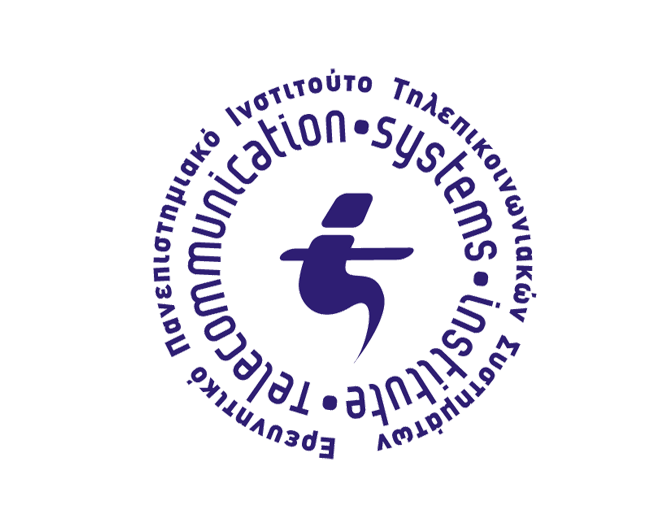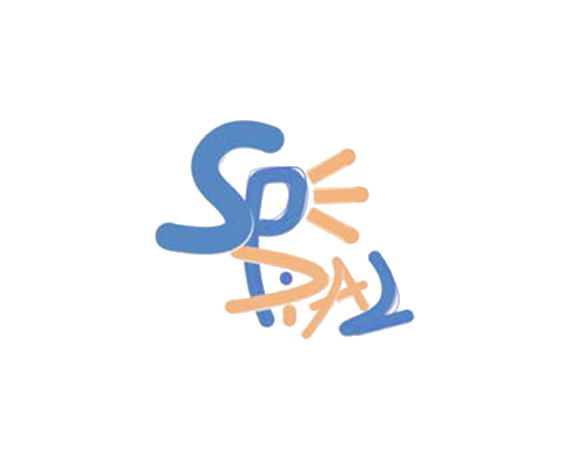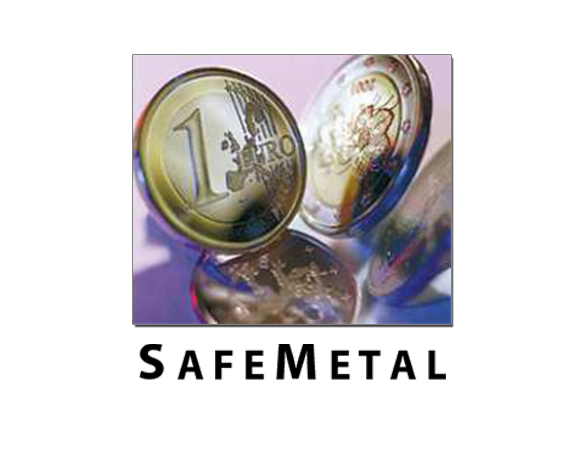WMatch
Increasing EU citizen security by utilizing innovative intelligent signal processing systems for euro-coin validation and metal quality testing
- Funded by: European Commission
- Project Acrinym: SAFEMETAL
- Funded under: SEVENTH FRAMEWORK PROGRAMME (FP7-SME)
- Budget: 356 096,00 € (Overall 1 788 853,86 €)
- Start Date: 1st December 2010
- Duration: 24 months
- Website(s): www.safemetal.eu – CORDIS
More Info
Euro coinage has been steadily subject to increasing outlawed counterfeiting activities. The most recent figures bring to 14 the number of illegal mints discovered to date, accompanied with a significant cumulative total of counterfeit coins detected or confiscated. Over 80 classes of counterfeit coins and corresponding tooling and working methods are identified, which by European Technical and Scientific Centre directives lead undoubtedly to the conclusion that the vast majority of counterfeit manufacturing facilities remain in operation.
At the same time conductivity measurements are widely used for characterisation of heat treatment of aluminium alloys and other non-destructive testing, especially for safety-critical applications in aerospace industry, nuclear reactors etc. Prior art in the field has led to technologies made to reduce at manufacturing time the spread of electrical parameters and at validation time the measurement of electrical conductivity of the metal respectively. Due to the large number of coins produced by European mints, material for coin blanks is sourced from different suppliers.
Recent European standards to increase the security of the coinage by reducing the spread of parameter values result in significant challenges for manufacturers of coin validators used in vending machines and bank coin sorting machines. The SMEs participating have identified these challenges and consider they represent major product opportunities. The developed metal validation technology will be required to distinguish between increasingly sophisticated counterfeit and the tightly specified genuine coins and to characterise the metal quality. This will be accomplished by developing advanced signal processing and data fusion techniques, and by also developing planar electro-magnetic sensors and pulse eddy-current measurement techniques with increased field sensitivity. The market being addressed includes coin validators and aerospace and nuclear industries.
The key scientific and technical objectives of the project are:
- Development of techniques for measurement of electrical conductivity of coinsized copper-alloy specimens. Targeted uncertainty within ±1% from DC to 1MHz and ±4% to 10MHz with measurements traceable to international standards.
- Development of mathematical models and numerical techniques to define the interaction of broad-band electromagnetic fields with objects of finite size, such as coins, and of bi-metallic/ layered construction.
- Detailed characterisation of the electromagnetic properties for euro coins of all denominations and a selection of other coins.
- Investigation of eddy current signal interaction with bi-metallic, layered construction of euro coins at a range of frequencies from DC up to 10MHz.
- Investigation of the effect of surface finish, plating, tarnishing/ oxidation and embossing patterns (for both the common and country-specific sides of a coin) on conductivity across the range of frequencies.
- Development of theory to model electro-magnetic planar sensors, enabling use as improved alternative to conventional coil sensors.
- Development of the theory for pulse-based/ broad-band eddy-current conductivity measurements.
- Development and application of novel signal processing techniques to extract useful information from the complex electromagnetic signals using low-cost and low-power hardware.
- Development and optimisation of sensors to measure other parameters of coins — diameter, thickness, weight, etc.
- Development and application of novel data fusion methodologies to combine information from the electromagnetic and other sensors.
- Design, realisation and evaluation of validator prototypes based on the innovations applicable to vending, service automation and amusement machines. The requirement of these high volume market sectors are for high security and reliability coin validation combined with low cost.
- Design, realisation and evaluation of validator prototype based on the innovations applicable to high speed coin sorting and counting machines used by banks. In addition to high speed operation (targeted at up to 3,500 coins per minute), high discrimination between genuine, counterfeit and foreign coins is necessary with accurate, traceable calibration of the machines.
- Design, realisation and evaluation of prototype conductivity measurement and calibration system based on the innovations applicable to the needs of mints, coin blank suppliers and banks.
- ARDORAN OU – Estonia (Coordinator)
- EDIS (Vyskumne A Vyvojove Druzstvopre Elektronicke Digitalne Systemy) – Slovakia
- ALGOSYSTEMS Anonimi Techniki Emporiki Etairia Pliroforikis Automatismon kai Metrologias – Greece
- Dunvegan Systems Ltd – United Kingdom
- Tallinna Tehnikaulikool – Estonia
- AS Metrosert – Estonia
- Electronics Design Ltd – Estonia
- Rigas Tehniska Universitate – Latvia
- Telecommunication Systems Institute – Greece
- University of Cyprus – Cyprus
Other Projects

WMatch

VARCITIES

TRADENET

SUN

SpeDial

SENTINEL

SecOPERA

SAFEMETAL

RUNNER

QualiMaster
RELATED LINKS
ADDRESS
Telecommunication Systems Research Institute (T.S.I.)
Technical University of Crete
Campus – Akrotiri
73100 Chania
Greece

